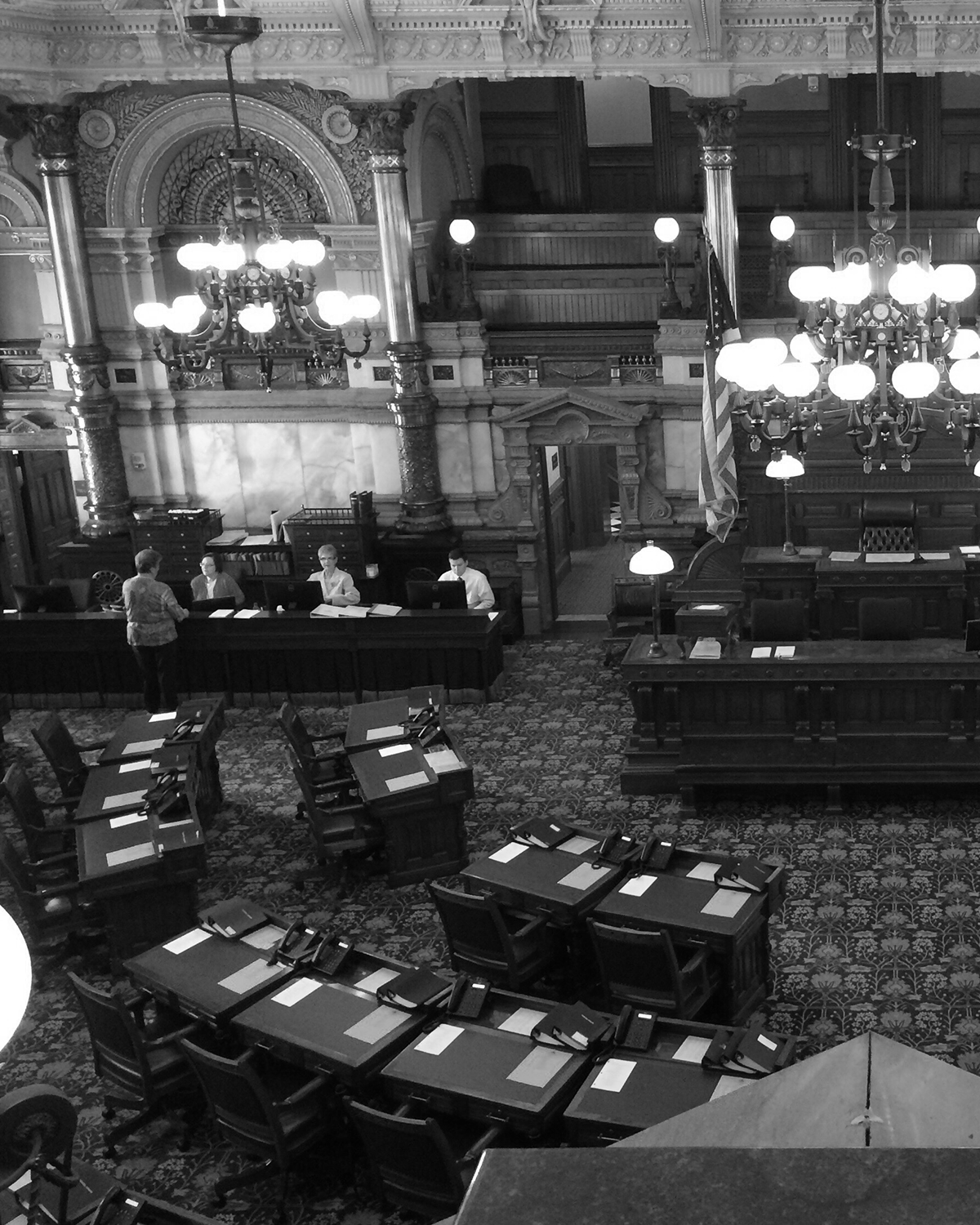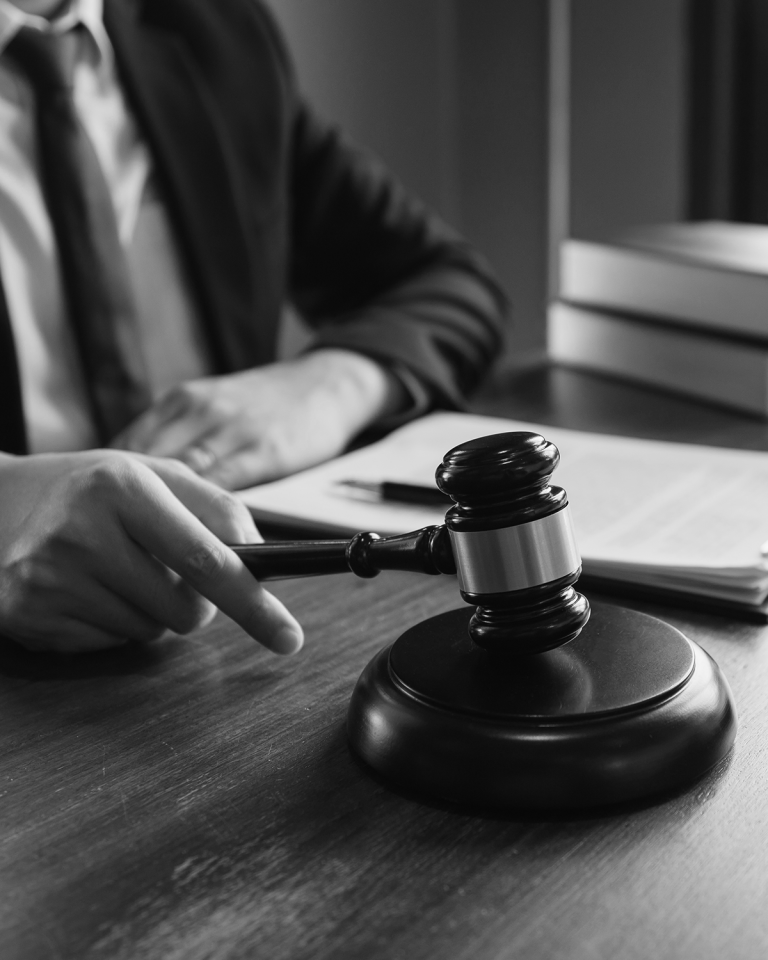Impact Campaign Strategy

People who report sexual assault deserve to be treated with respect and have their complaints thoroughly investigated.

Law enforcement agencies need to prioritize evidence-based training that teaches all officers how to handle sexual assault cases.

The bar for charging someone with false reporting of a sexual assault should be high given the risks — and policy should reflect this. If a law enforcement agency chooses to charge someone with false reporting, it should only be after trained experts in trauma have reviewed the case.

The practice employed by some reporters of taking police reports as “fact” and publishing the story without any independent verification should be questioned, and news outlets should do their own investigating before publishing.

Campaign Goal
The goal of our impact campaign is to help eradicate the practice of treating victims like suspects without evidence, and to provide victims and their allies with tools to guard against this practice.
Campaign Audiences
We are strategically targeting the follow four audiences:
POLICYMAKERS AT THE STATE AND LOCAL LEVEL
- Partnering with local legislators in Connecticut and Alabama to host screenings to educate their peers and public.
- Discussing specific bills and policy change goals with legislators and organizations in at least 5 additional states.
-
-
- Including a model bill that makes the system more just for victims by 1) requiring police thoroughly investigate the sexual assault complaint 2) have evidence that no crime occurred or was attempted 3) did not rely on rape myths (blaming victims for delayed reporting or memory lapses, lack of physical resistance, or consensual sexual encounters surrounding the assault) and 4) did not rely solely on a recantation. Additionally, the model bill should require trauma-informed training and include the right to have a victim rights lawyer or victim advocate at all police interviews.
-
JOURNALISTS AND MEMBERS OF THE MEDIA
- Screen the film at journalism conferences and gatherings to raise awareness of the harm caused by outdated editorial policies around publishing the name and photos of self- reporting sexual assault survivors.
- Connect journalists to resources they can use to advocate internally for an editorial policy change.
- Highlight model policies, including “takedown committees” formed for exactly this reason: Online stories about arrests live forever, even if the person is quietly exonerated.
PEOPLE WHO WORK WITHIN THE CRIMINAL LEGAL SYSTEM INCLUDING POLICE OFFICERS, PROSECUTORS AND JUDGES
- Use the film to educate about the possibilities for improvement to official processes surrounding sexual assault reporting and investigation.
- Use the film to educate about the benefits of mandated trauma-informed training for law enforcement and prosecutors.
- Work with advisory board members to create a toolkit that can be a guide for use in Police, Prosecutor, Forensic Nurses, and Sexual Assault Response Team (SART) trainings.
FIRST RESPONDERS, INCLUDING, EMTS, FORENSIC NURSES AND VICTIM ADVOCATES
- Screen the film with forensic nurses, SART teams, and advocacy groups.
- Screen the film in nursing schools and graduate medical programs.
- Work with the advisory board to draft a trauma-informed training manual including the Victim’s Bill of Rights, best practices when reporting, and practical advice for victims advocating for themselves in the criminal legal system.








